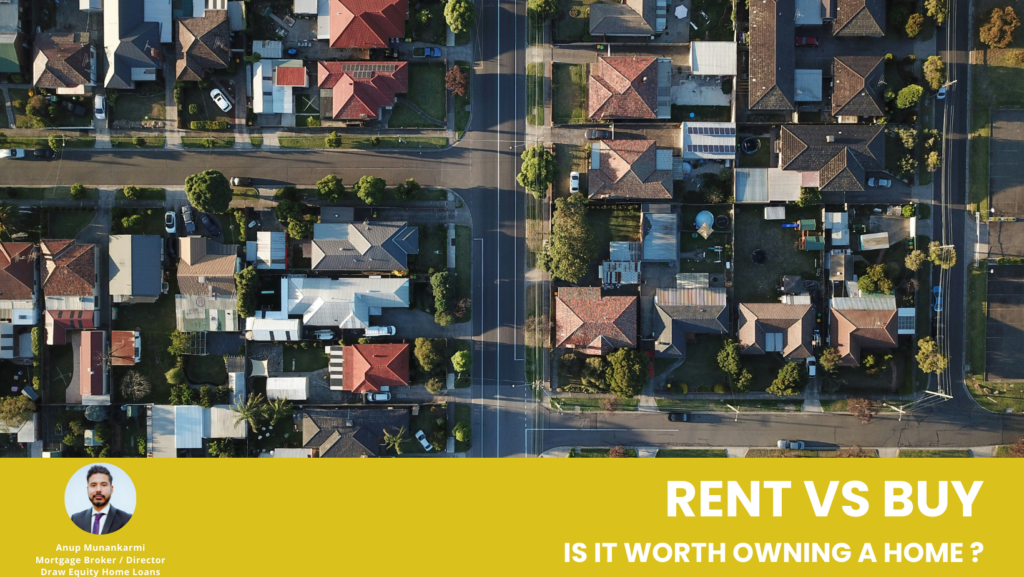
One common question that keeps repeating in potential home buyers circle is should I rent or buy?
Renting may feel like a flexible and often necessary solution, offering more freedom to move around and avoiding the responsibilities of property maintenance. However, in the long-term, home buying could prove financially advantageous.
Everyone’s financial situation is different which will play key part on making this decision. We believe there is no right or wrong answer but one thing that is quite common looking at property market is, it seems to get harder and harder every year to come up with the deposit to purchase first home.
Some key questions we come across are.
- Will I be able to afford it?
- Do I have enough for a deposit?
- How much do I need to have?
- Can I handle mortgage payments long-term, even if interest rates rise?
- If I decide to buy should I buy an unit, villa, townhouse or house?
- What are the other costs of managing a home?
- Will the value of my house grows quickly?
- What if my property value does not grow?
The decision to rent or buy a house is a significant one with both advantages and disadvantages. Here’s a breakdown to help you make an informed choice:
Renting
Pros:
- Flexibility: Easier to move if your job or lifestyle changes.
- Lower upfront costs: No deposit or stamp duty required.
- No maintenance: Landlord typically handles repairs and maintenance.
- Potentially cheaper: In some cases, renting can be more affordable than buying, especially in the short term.
Cons:
- No equity: Rent payments don’t build wealth.
- Limited control: You have less control over your living space and potential renovations.
- Rent increases: Rent prices can fluctuate and increase over time.
Owning
Pros:
- Equity: Building equity in your property can be a significant financial asset.
- Stability: Owning a home provides a sense of stability and security.
- Tax benefits: Potential tax deductions for mortgage interest, council rates, and property maintenance for investment properties
- Control: You have control over your living space and can make renovations as desired.
Cons:
- Higher upfront costs: Large deposit, stamp duty, and legal fees however there are quite a few schemes and benefits that will assist to purchase first home with low deposit in all states in Australia
- Maintenance: Responsible for repairs and maintenance, which can be costly.
- Potential for loss: Property values can fluctuate, and you may lose money if the market declines.
We have many clients that are in similar situation of buying or renting, if they decide to buy we can sit down and make a roadmap to purchase a property, that can take few months to over a year depending upon what you are planning to buy. If you or your friends/family that are in similar situation and wants to discuss rent vs buy please get in touch and we can provide more information to make a informed decision.
Hope this helps you to understand key difference between buying and renting, if you have any questions or want to discuss those options please contact us.
